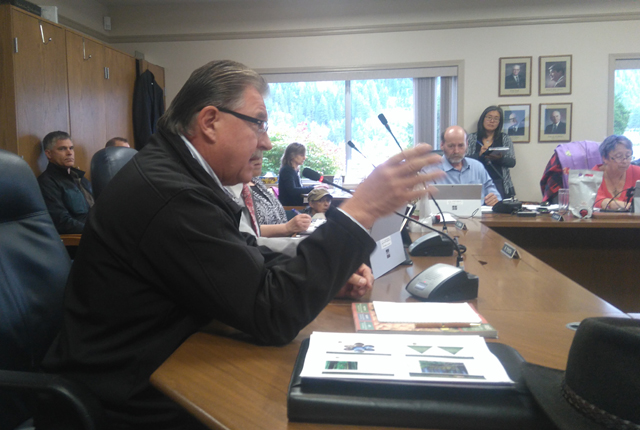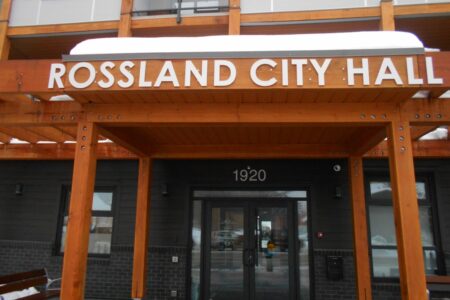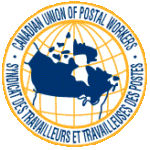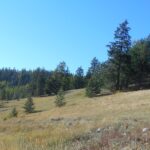RDCK directors hear from lumber industry
The people who run sawmills and forestry operations in the BCs Southern Interior launched a charm offensive at the Regional District of Central Kootenay meeting last week.
The Interior Lumber Manufacturer’s Association gave a presentation on its operations and told directors they wanted to address people’s concerns about protecting local watersheds.
“Every ILMA member is committed to getting the job done right,” ILMA Chair Ken Kalesnikoff told the directors.
Waving the usual 15-minute limit for presentations, Kalesnikoff and the ILMA were given more than an hour of the monthly board meeting to talk about forestry, working in watersheds, and the need for people to co-operate.
The presentation they were giving was being done “in the spirit of education”, Kalesnikoff told the directors. The ILMA represents 34 family-run independent logging companies operating in more than 40 communities.
“We have done a poor job promoting ourselves, and educating the public on what we do,” the ILMA president confessed. “It’s hard to deal with motherhood issues like water.”
Kalesnikoff’s presentation was prompted by a motion passed by the RDCK at their May 18 board meeting. It called on the BC Timber Sales corporation to halt plans to allow harvesting in the Quartz Creek watershed- the primary water supply for the community of Ymir, near Salmo.
The motion called on the provincial minister responsible for BCTS to order it to “cease its preparation of operating plans for the Quartz Creek area and watershed that feeds the Ymir Water System due to the impact that this operation will have on the very sensitive volume and quality of the water that is used by Ymir residents.”
Kalesnikoff said the ILMA was concerned about the scope of the motion.
“The resolution was written in such a way that was all-encompassing, which was a concern for us,” Kalesnikoff told reporters after the meeting. “Because a lot of our member mills are 89 per cent in watersheds. So we know we can’t just take the watersheds out of the land base, cause there wouldn’t be a lot left to work in.”
Kalesnikoff said he wanted to get a message to the board that lumber operations are taking residents concerns into account, are listening to and trying to address conflicts, and that modern forestry practices are designed to protect watersheds or limit the impact of logging.
“Harvesting is a very complex industry,” he said. “There is a lot a lot of work that is put into harvesting. The professionals we have on staff are fantastic, they’re very passionate about getting the job done and getting the job done right. They take everything they have at their disposal to put together the proper plan to make it right.”
The ILMA’s members bring about $25 million a year to provincial coffers in stumpage fees alone, Kalesnikoff said, and more than $100 million in salaries and spinoff economic activity. He said the politicians and industry should work together to get more resources for education and research, for developing watershed management plans, and the remediation and rehabilitation of cut areas. The province should also give RDs more money from stumpage fees to accomplish their planning goals, he told directors.
“ILMA has been asking for the support of the regional districts,” he said. “… Trees are owned by the people of the province, not the companies, and we need to maximize the value we can get out of every tree, which will create more jobs and mean more stability for the communities we live and work in.”
While the industry representatives got a warm reception from the RDCK board of directors, the representative from the Ymir area stood by the May resolution. Hans Cunningham told the delegation the motion wasn’t about them- it was about stopping BC Timber Sales from threatening Ymir’s water supply.
“I can understand where the ILMA is coming from, their concerns about the motion and where the district is coming from,” he said. “But the district’s resolution was specific: Ymir is our water system, we own it and we are responsible for it.
“It really nothing to do the logging. We support the timber industry, 40 per cent of the people of Ymir work [in forestry], in one way, shape or form.
“That’s not it. Its strictly about water.”

























